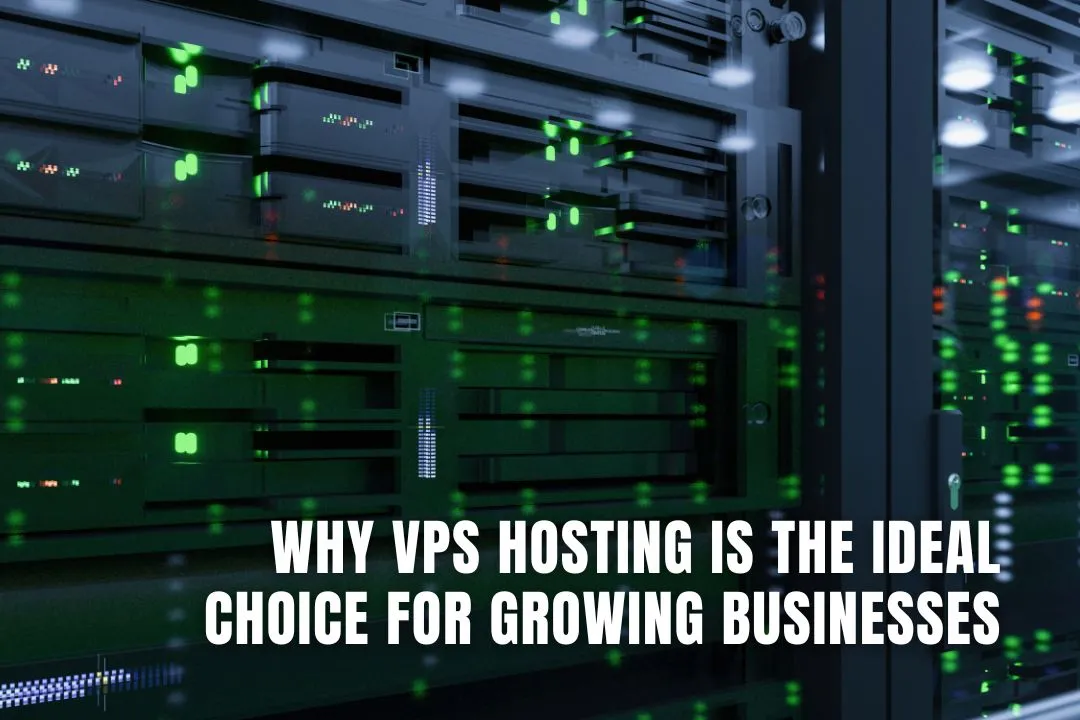
Editorial Disclaimer
This content is published for general information and editorial purposes only. It does not constitute financial, investment, or legal advice, nor should it be relied upon as such. Any mention of companies, platforms, or services does not imply endorsement or recommendation. We are not affiliated with, nor do we accept responsibility for, any third-party entities referenced. Financial markets and company circumstances can change rapidly. Readers should perform their own independent research and seek professional advice before making any financial or investment decisions.
Starting out, most businesses grab a shared hosting plan — it’s cheap, quick, and honestly, it works just fine at the beginning. But growth changes everything. More visitors, more data, more at stake — and that once-handy setup starts feeling tight.
Pages take longer to load, customers bounce, and simple tweaks suddenly require support tickets and patience. It’s not that shared hosting is bad. It’s just not built for a business that’s picking up speed.
If that sounds familiar, you’re probably at the stage where your infrastructure needs to evolve. That’s where VPS hosting steps in — offering flexibility, control, and breathing room without locking you into the cost of a dedicated server.
The thing no one tells you? When another website on your shared server gets slammed with traffic, your site can slow to a crawl. It’s like living in an apartment building where your neighbor throws a party every other night — the noise spills over, and your peace and quiet are collateral damage.
If your website plays a direct role in bringing in customers, downtime isn’t just annoying — it’s lost revenue. And while shared hosting has its place, growing businesses need more consistency, more control, and fewer “why is the site down?” surprises.
VPS hosting fills that awkward middle ground: when you’ve outgrown basic hosting but aren’t ready to splurge on a dedicated machine. It gives you a private slice of server space, complete with your own resources — RAM, CPU, storage — and it doesn’t cost a fortune.
Here’s why it clicks with growing teams:
In a VPS environment, you’re not affected by other users. You’ve got your own bandwidth, memory, and CPU allocation. That means your site loads when it should, works how it’s supposed to, and stays up when traffic spikes — because you're no longer waiting in line for shared resources.
Adding more resources is simple. You can bump up RAM, CPU, or storage without downtime or complicated migrations. Planning a big marketing campaign? Launching in a new region? You won’t need to panic about whether your hosting can keep up.
VPS hosting gives you root access. So if your team wants to install a custom stack, change server configs, or fine-tune performance, go for it. You’re not limited to what your host thinks is “good enough.” You build the environment that works best for you.
Since your server environment is isolated, you're shielded from other tenants' problems. No one else's outdated WordPress plugin is going to open a backdoor into your system. And with the right setup, you can stay compliant and protect customer data — even if you're not a giant tech company with an in-house security team.
With VPS, the host matters — a lot. You’ll want someone who offers:
Some providers go the extra mile. For example, if you're exploring options, buy VPS hosting from Cloudzy. They’ve made a name for themselves by offering developer-friendly VPS plans that don’t nickel-and-dime you — plus, their performance and flexibility hit the right balance for growing teams.
Hosting isn’t the flashiest part of your business — but when it doesn’t work, everything feels harder. And if you’re already dealing with customer support, marketing, product launches, and five other things, the last thing you need is a hosting issue throwing a wrench in the works.
VPS hosting gives you that foundation you need to grow without constantly thinking about server limits, performance dips, or random downtimes. It just works — quietly and reliably — so you can focus on scaling your business, not babysitting your backend.
So if you’re growing and you’re starting to feel the squeeze, it might be time to level up. Hosting should support your momentum, not slow it down.